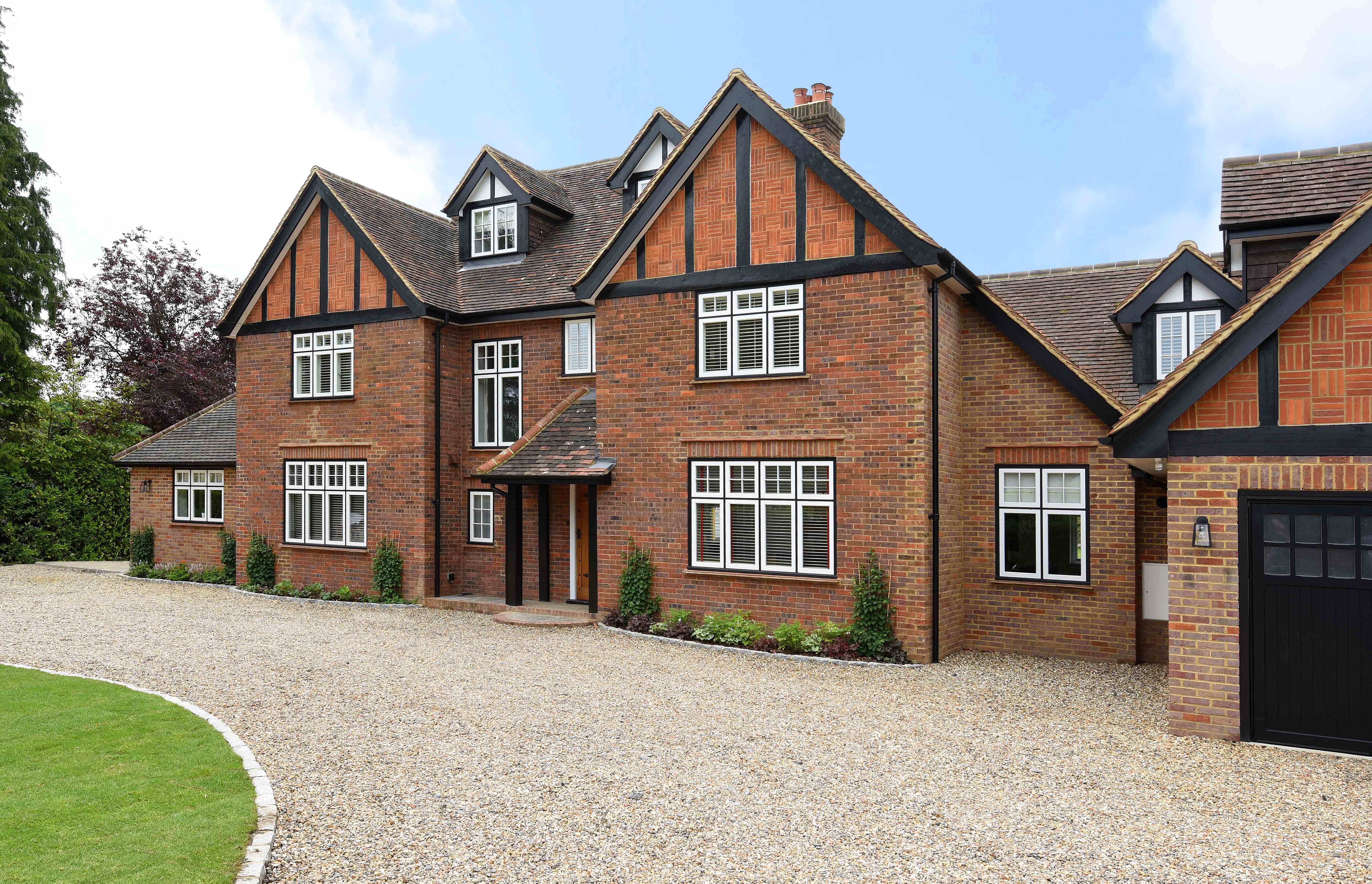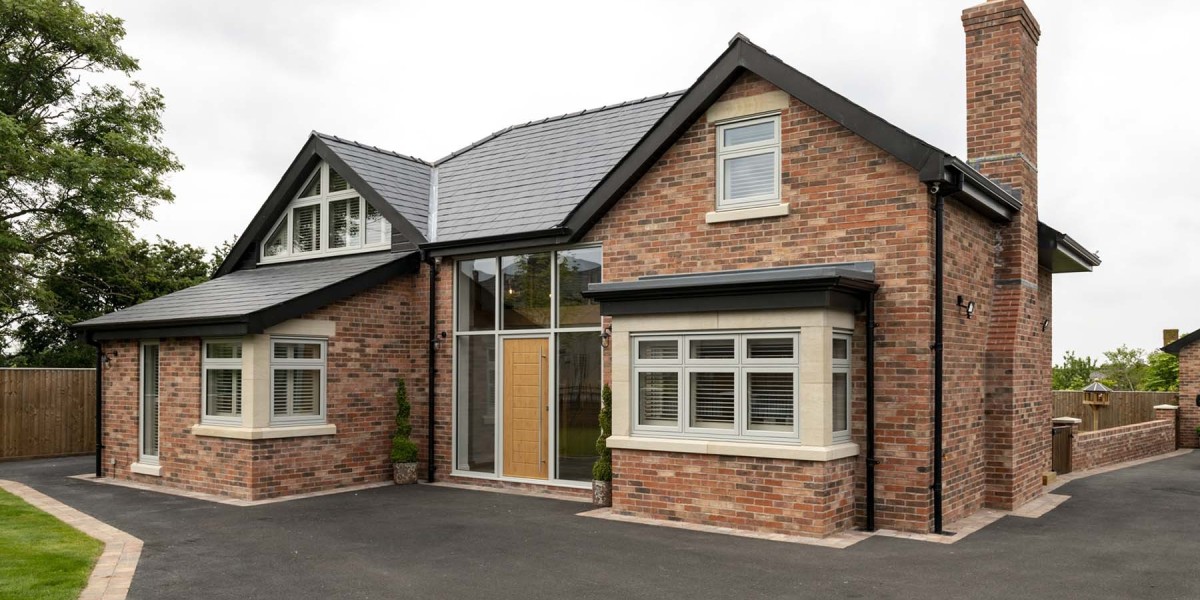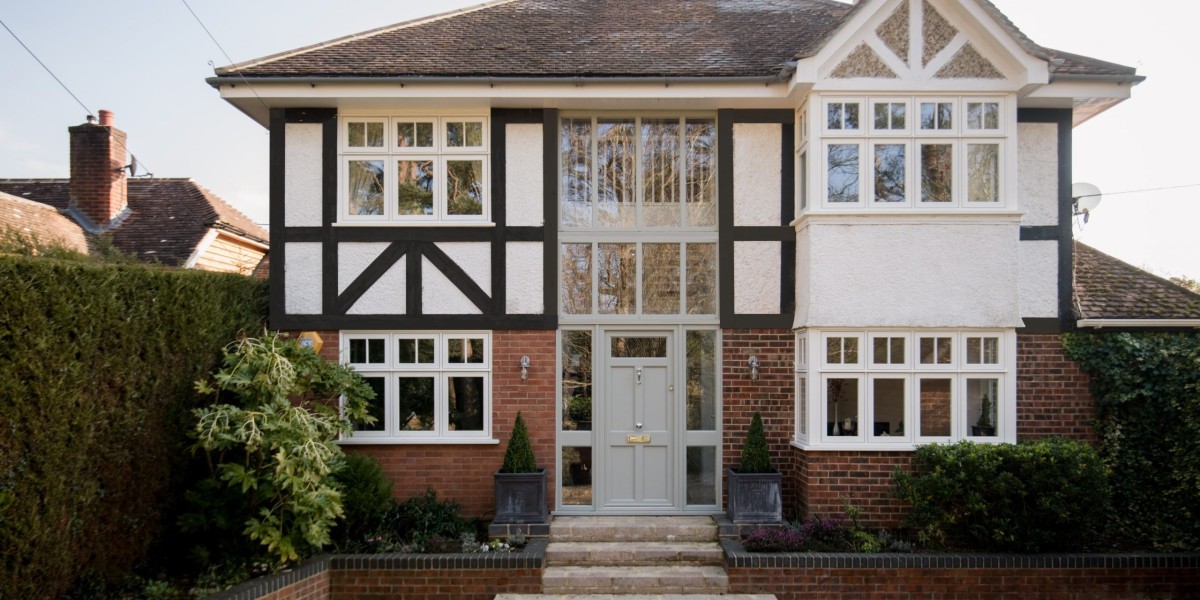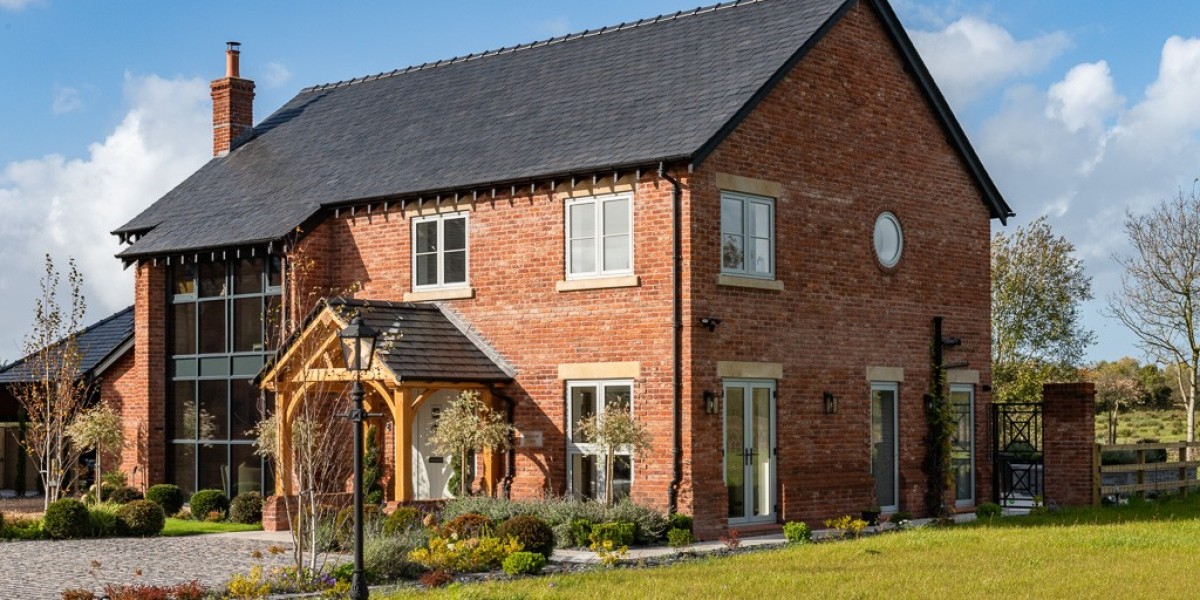
Aluminium windows have gained immense popularity in recent years due to their unique combination of strength, durability, and aesthetic appeal. This report delves into the various aspects of aluminium windows, including their benefits, applications, manufacturing processes, and future trends in the market.
Introduction
Aluminium windows are a type of window frame made from aluminium extrusions. They are known for their lightweight yet robust properties, making them an ideal choice for both residential and commercial buildings. As the demand for energy-efficient and sustainable building materials continues to rise, aluminium windows have emerged as a leading option in the construction industry.
Benefits of Aluminium Windows
1. Durability and Strength
One of the most significant advantages of aluminium windows is their durability. Aluminium is resistant to corrosion, rust, and warping, ensuring that the windows maintain their structural integrity over time. Unlike wood, which can rot or warp due to moisture, aluminium windows can withstand extreme weather conditions, making them suitable for various climates.
2. Energy Efficiency
Modern aluminium windows are designed with energy efficiency in mind. They can be fitted with thermal breaks and double or triple glazing, which help insulate homes and reduce energy consumption. This insulation reduces the need for heating and cooling, leading to lower energy bills and a reduced carbon footprint.
3. Aesthetic Versatility
Aluminium windows offer a sleek and modern appearance that can enhance the aesthetic appeal of any building. They can be powder-coated in a wide range of colors and finishes, allowing homeowners and architects to customize their look according to their design preferences. Additionally, the slim profile of aluminium frames maximizes natural light, creating bright and airy living spaces.
4. Low Maintenance
Unlike wood, which requires regular painting and sealing, aluminium windows are low maintenance. They can be easily cleaned with soap and water, and their powder-coated finish resists fading and chipping. This ease of maintenance makes aluminium windows a practical choice for busy homeowners and property managers.
5. Security
Aluminium windows are inherently strong and difficult to break, providing a high level of security for homes and buildings. Many manufacturers also offer advanced locking systems that further enhance the security features of aluminium windows.
Applications of Aluminium Windows
Aluminium windows are versatile and can be used in various applications, including:
1. Residential Buildings
In residential construction, aluminium windows are popular for their modern look and energy efficiency. They are commonly used in new builds, renovations, and extensions, providing homeowners with a stylish and functional option.
2. Commercial Buildings
In commercial settings, aluminium windows are favored for their durability and low maintenance requirements. They are often used in office buildings, retail spaces, and industrial facilities, where large spans of glass are desired for natural light and visibility.
3. Architectural Design
Architects and designers often choose aluminium windows for their flexibility in design. The ability to create large, unobstructed glass areas allows for innovative architectural solutions, such as curtain walls and bi-fold doors that seamlessly connect indoor and outdoor spaces.
Manufacturing Process of Aluminium Windows
The production of aluminium windows involves several key steps:
1. Aluminium Extrusion
The process begins with aluminium ingots being heated and forced through a die to create the desired shape. This extrusion process allows for the creation of various frame profiles that can accommodate different design requirements.
2. Surface Treatment
Once extruded, the aluminium frames undergo surface treatment to enhance their appearance and protect against corrosion. This often involves anodizing or powder coating, which adds a protective layer and allows for color customization.
3. Assembly
The individual components of the window frame, including sashes, locks, and seals, are assembled in a factory setting. This process ensures that the windows meet quality and performance standards before being shipped to construction sites.
4. Glazing
The final step involves installing the glass panes into the window frames. Depending on the design, this may involve single, double, or triple glazing, with various gas fills for enhanced thermal performance.
Future Trends in Aluminium Windows
As the construction industry continues to evolve, several trends are emerging in the field of aluminium windows:
1. Sustainability
With a growing emphasis on sustainability, manufacturers are focusing on creating aluminium windows that are more environmentally friendly. This includes using recycled aluminium and developing processes that reduce waste and energy consumption.
2. Smart Technology Integration
The integration of smart technology into aluminium windows is on the rise. Features such as automatic opening and closing, integrated sensors for temperature and security, and https://idealglass.uk.com/window-repair/st-albans (43.136.59.253) smart glass that changes opacity are becoming more common, enhancing the functionality and convenience of aluminium windows.
3. Enhanced Thermal Performance
As energy efficiency becomes increasingly important, manufacturers are investing in research and development to improve the thermal performance of aluminium windows. Innovations such as improved thermal breaks and advanced glazing options are expected to become standard features in future products.
4. Customization and Design Flexibility
The demand for unique and customized designs is driving manufacturers to offer more options for customization. This trend is likely to continue, with an emphasis on providing architects and homeowners with greater flexibility in designing their spaces.
Conclusion
Aluminium windows represent a modern and efficient solution for both residential and commercial applications. Their durability, energy efficiency, low maintenance, and aesthetic versatility make them a preferred choice in the construction industry. As technology and design continue to evolve, aluminium windows are poised to play a significant role in the future of architecture and sustainable building practices. With a focus on innovation and sustainability, the aluminium window market is expected to grow, offering even more benefits to consumers and builders alike.













